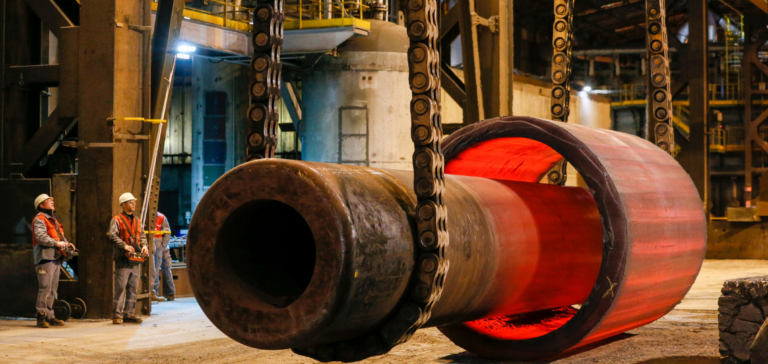In the nuclear industry, the degradation of buried piping represents a major challenge. Framatome, a key player in this sector, offers an innovative solution to this problem. Their sprayed-in-place coating is designed to rehabilitate pipe interiors, offering a safe and cost-effective alternative to traditional methods.
Innovative Coating Processes for Power Plant Durability
According to Craig Ranson, Senior Vice President of Framatome’s North American Business Unit, this innovation is crucial. It aims to improve plant performance. It also helps to meet performance targets during reactor shutdowns. What’s more, it ensures long-term plant operation. The coating system, developed by Framatome with industrial partners, can be applied remotely. A robot takes care of this task.
Safety and economic benefits of the Framatome system
A robot quickly and evenly sprays this liner inside the pipes. This action completely restores the piping system. The liner then becomes the pipe’s new pressure limit. However, this rapid installation process has one major advantage. It eliminates the need for digging. This reduces safety risks. It also reduces the duration of interruptions.
Engineering tests and evaluations carried out at Framatome’s Qualification and Test Center in Virginia have demonstrated the effectiveness of this technology. This method not only solves the problems associated with ageing underground piping, but is also economical, reducing costs and downtime for customers.
Framatome’s innovation in the rehabilitation of nuclear piping represents a major step forward, offering a solution that is both economical and safe. This development could redefine maintenance standards in the nuclear sector.






















